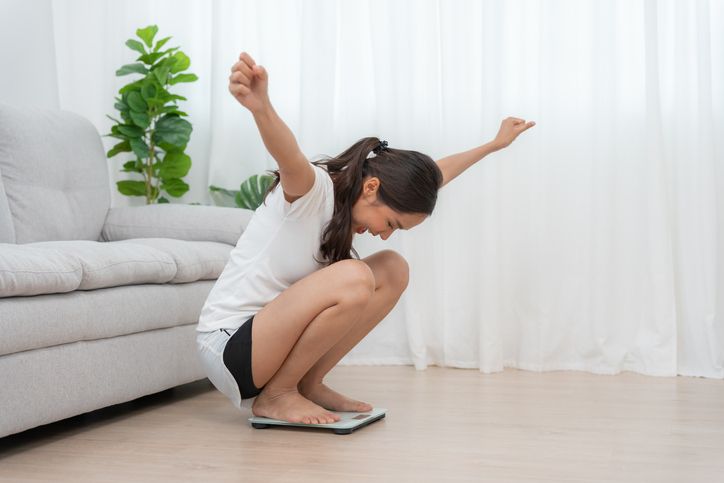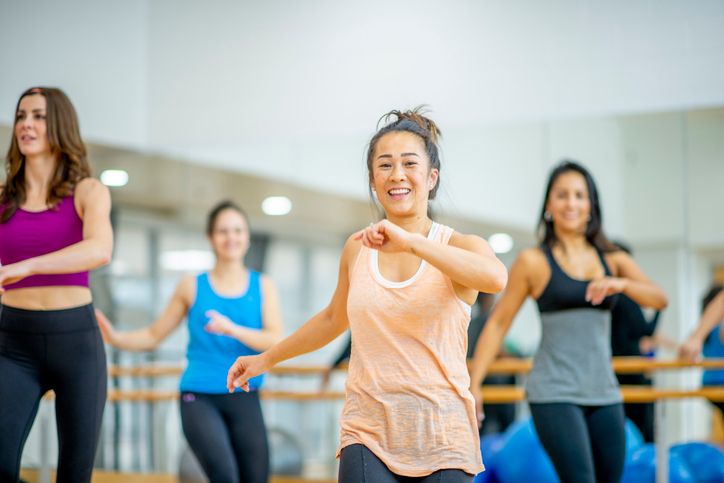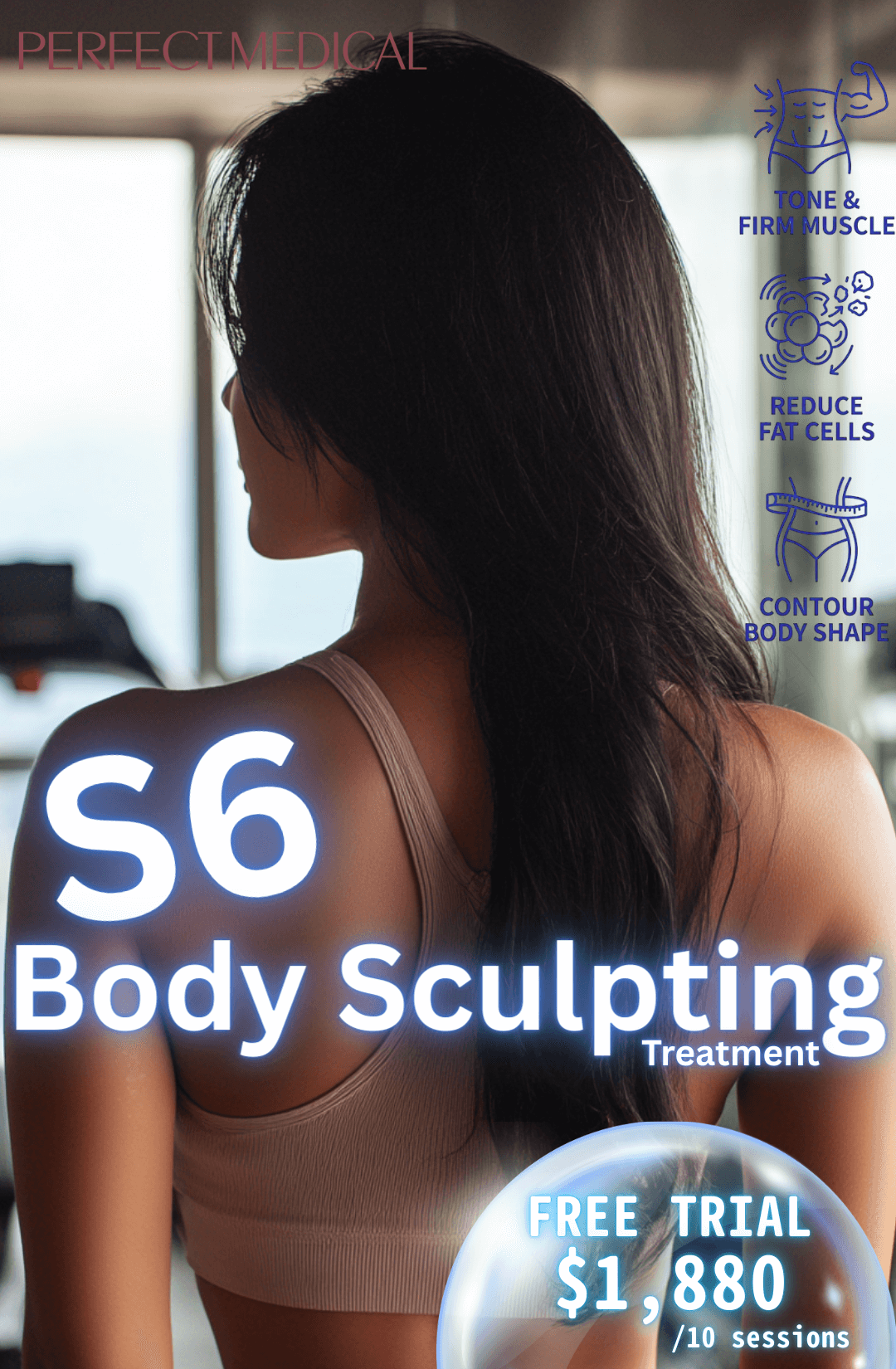
- Home
- Trend
- Weight Loss Strategies
- Acne Tips
- Hair Health Information
- Blemish Removal Tips
- Acne Scar Removal Tips
- Muscle Building Techniques
- Intimate Care Tips
- Postpartum Intimate Care
- Eye Bags Wiki
- Tips for Face Slimming
- Secret of Permanent Hair Removal
- Breast Enlargement Tips
- Cure to Snoring
- Marionette Lines
- Skin-Tightening Secrets

免費體驗
S6 Body Sculpting Treatment
1 Minute Self-Registration
Date should not be before minimal date
Want a stronger, healthier you? Want a toned physique with boosted energy and a clearer mind? Want higher confidence, better sleep, a reduced risk of chronic diseases? Regular exercise can make this vision a reality. But, how do you make exercise a sustainable part of your lifestyle? What strategies can you employ to stay committed to your fitness goals? The answers to these questions can revolutionize your approach to physical activity, and it's time to explore how.
1
7 benefits of regular physical activity

Weight management
Tones muscle mass
Boosts cardiorespiratory fitness
Decreases risk of long-term illnesses and conditions
Improves sleep quality
Maintain brain function
Release stress

2
What exercises should you do the most

Goal 1: Lose Weight
Goal 2: Gain muscle mass
Goal 3: Improve heart and lung health benefits of exercise regularly
Goal 4: Improve bone density and joint flexibility
Goal 5: Help prevent digestive and kidney diseases
Goal 6: Make Friends
- How To Lose Body Fat With Diet: Nutritionist-Recommended Top 10 Fat-Reducing Foods
- Why Do Your Knees Always Hurt? Strengthen Your Thighs by Training the Quadriceps ! Editor-Tested Tip to Slim Down Chubby Legs Fast!
- Nutritionist-Approved Weight Loss: How To Lose 5kg Fast?
- Can You Lose Belly Fat in a Week? 3 Key Exercises & Fastest Belly Fat Reduction Methods
3
8 Tips: incorporate regular exercise into your life successfully

Find an activity you enjoy
Start slowly and gradually increase the intensity and duration of your workouts
Set realistic goals
Schedule your workouts in your calendar
Make exercise a part of your routine
Listen to your body
Reward yourself for reaching your goals
Focus on how exercise makes you feel

4
S6 Body Sculpting Treatment: Achieve Effortless Weight Loss at Any Age!


免費體驗
S6 Body Sculpting Treatment
1 Minute Self-Registration
Date should not be before minimal date
FAQ

What Are the 8 Benefits of Regular Physical Activity?
You'll experience incredible benefits of regular physical activity, including weight management, toned muscles, boosted cardiorespiratory fitness, reduced risk of chronic diseases, improved sleep, enhanced brain function, and stress relief. Regular exercise also helps manage blood pressure and improves heart health, leading to a healthier, happier you!
How often should I workout to reap the health benefits of exercise?
Most people should aim for at least 150 minutes of moderate-intensity aerobic activity or 75 minutes of vigorous-intensity activity each week, plus muscle-strengthening activities on two or more days a week for optimal health benefits. This helps to boost cardiovascular health and maintain muscle mass.
What types of exercises are best for beginners?
For beginners, start with low-impact activities like walking, swimming, or cycling. Incorporate bodyweight exercises such as squats, push-ups, and planks to build strength gradually. Yoga and stretching can also improve flexibility and balance. Resistance training with resistance bands can also be effective.
How can I stay motivated to exercise regularly?
Set realistic goals, track your progress, and find an exercise routine you enjoy. Mix up your workouts to prevent boredom, and consider working out with a friend or joining a fitness class for added motivation and accountability. Following the physical activity guidelines can help you stay on track.
What should I eat before and after exercising?
Before exercising, eat a light snack with carbs and protein, like a banana with peanut butter. After exercising, refuel with a balanced meal or snack containing protein, carbs, and healthy fats, such as a chicken salad or a smoothie with protein powder. Proper nutrition supports muscle recovery and enhances the benefits of exercise.








